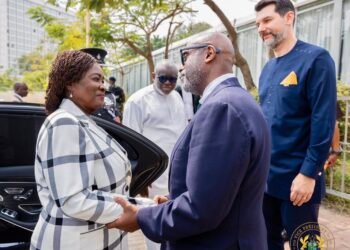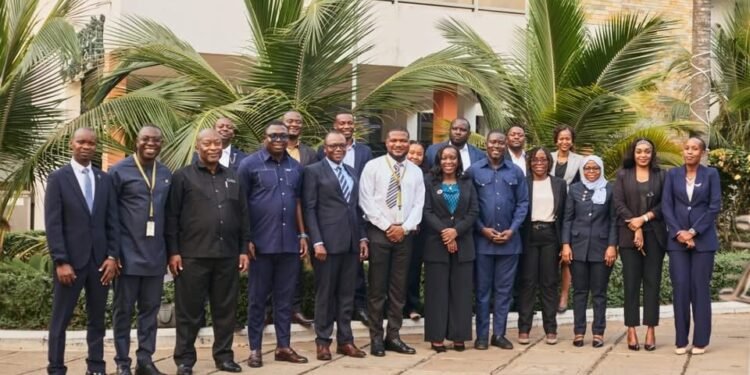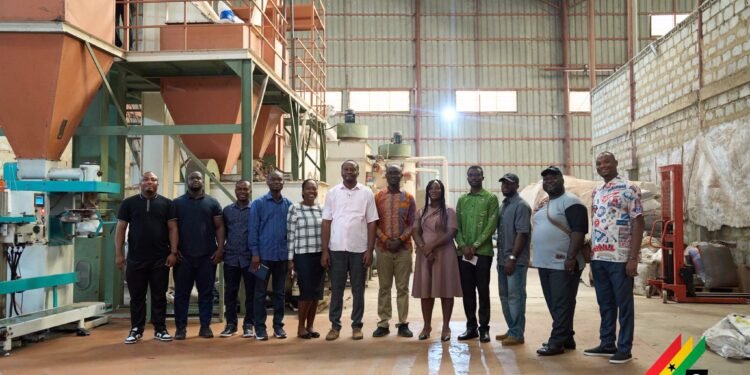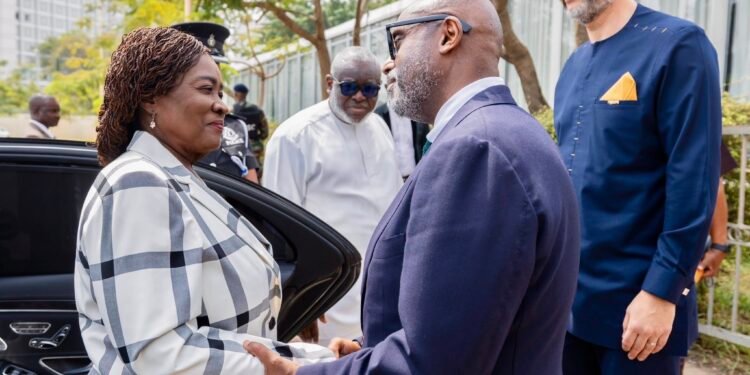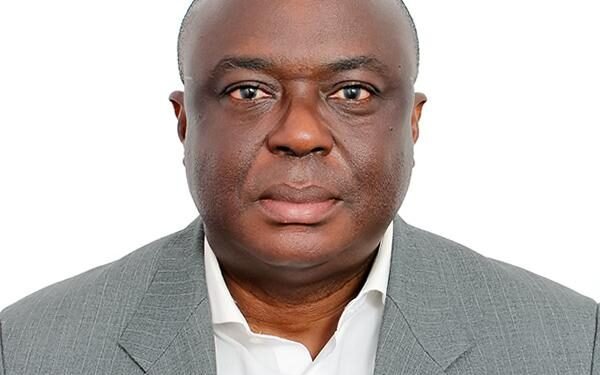In a significant announcement aimed at alleviating concerns among businesses and economists, Deputy Finance Minister Dr. Alex Ampaabeng has disclosed that the government will not impose new taxes in the upcoming mid-year budget.
This decision comes amid growing calls from the business community and economic experts to reduce or eliminate certain taxes to ease financial pressures on the economy. Dr. Ampaabeng confirmed the government’s stance, reiterating the commitment of the Finance Minister, Dr. Mohammed Amin Adam, to avoid introducing a supplementary budget.
“There are a lot of conversations ongoing, but one thing I can say on behalf of my Minister [Dr. Mohammed Amin Adam] is that there won’t be new taxes in this mid-year budget. But, going forward, we are looking for all avenues to make sure that we enhance revenue.”
Deputy Finance Minister Dr. Alex Ampaabeng
Highlighting the government’s strategic approach, Dr. Ampaabeng emphasized that the current tax framework offers significant opportunities for revenue generation.
“I believe there are a lot of opportunities within the tax system for us to rake in revenue. It’s about improving efficiency. It’s about dealing with leakages in the tax system, it’s about engaging the taxpayers to accept responsibilities. There are leakages, but I don’t want to pre-empt anything.”
Deputy Finance Minister Dr. Alex Ampaabeng
The mid-year budget review, which is eagerly anticipated by stakeholders, is scheduled to be presented in Parliament by the Finance Minister next month. This review is seen as a critical juncture for the government to outline its economic strategies and respond to the pressing fiscal challenges facing the country.
The announcement has garnered mixed reactions from the business community and economists, who have been vocal about the need for tax relief. Many businesses have expressed that the heavy tax burden has stifled growth and innovation, urging the government to consider reductions or eliminations of certain taxes.
Exploring Alternative Revenue Avenues

Dr. Patrick Asuming, a lecturer of Finance and Economics at the University of Ghana, echoed these sentiments, advising the government to prioritize economic growth over increased taxation.
“The economy is not growing, and ultimately, we have to find means to increase our revenue collection. Also, the government has to look at its own finances, but when it comes to revenue generation, it is much easier for the government to collect additional revenue when the economy is growing than when it is not.”
Dr. Patrick Asuming, a lecturer of Finance and Economics at UG
Dr. Asuming further stressed that without substantial economic growth, the country would struggle to meet its debt obligations. “In the last three years or so, the economy has not been growing very well, so any attempt to bring new taxes will be a problem,” Dr. Asuming noted.
The government’s decision not to introduce new taxes signals a shift towards exploring alternative avenues to bolster revenue. Dr. Ampaabeng mentioned the need to enhance efficiency within the existing tax system and address leakages that undermine revenue collection. This approach includes engaging taxpayers to foster compliance and ensure a broader tax base.
Additionally, the government aims to leverage technology and data analytics to improve tax collection mechanisms. By identifying and plugging gaps in the current system, officials hope to increase revenue without imposing additional financial burdens on citizens and businesses.
As the mid-year budget review approaches, all eyes will be on the Finance Minister’s presentation in Parliament. Stakeholders are keen to see concrete plans and measures that will stimulate economic growth, improve fiscal management, and enhance revenue collection efficiency.
The government’s ability to balance these objectives without introducing new taxes will be critical in maintaining public confidence and fostering a conducive environment for economic recovery and growth. Businesses and economists alike will be watching closely, hoping that the government’s strategies will pave the way for a more robust and resilient economy.
Dr. Ampaabeng’s assurance of no new taxes in the mid-year budget has provided a temporary relief to many. However, the focus now shifts to how the government will implement effective measures to improve the economy and revenue collection in the long term, ensuring sustainable development and financial stability for the nation.
READ ALSO: Rita Edochie Lambasts Yvonne Jegede for Defending Yul Edochie




